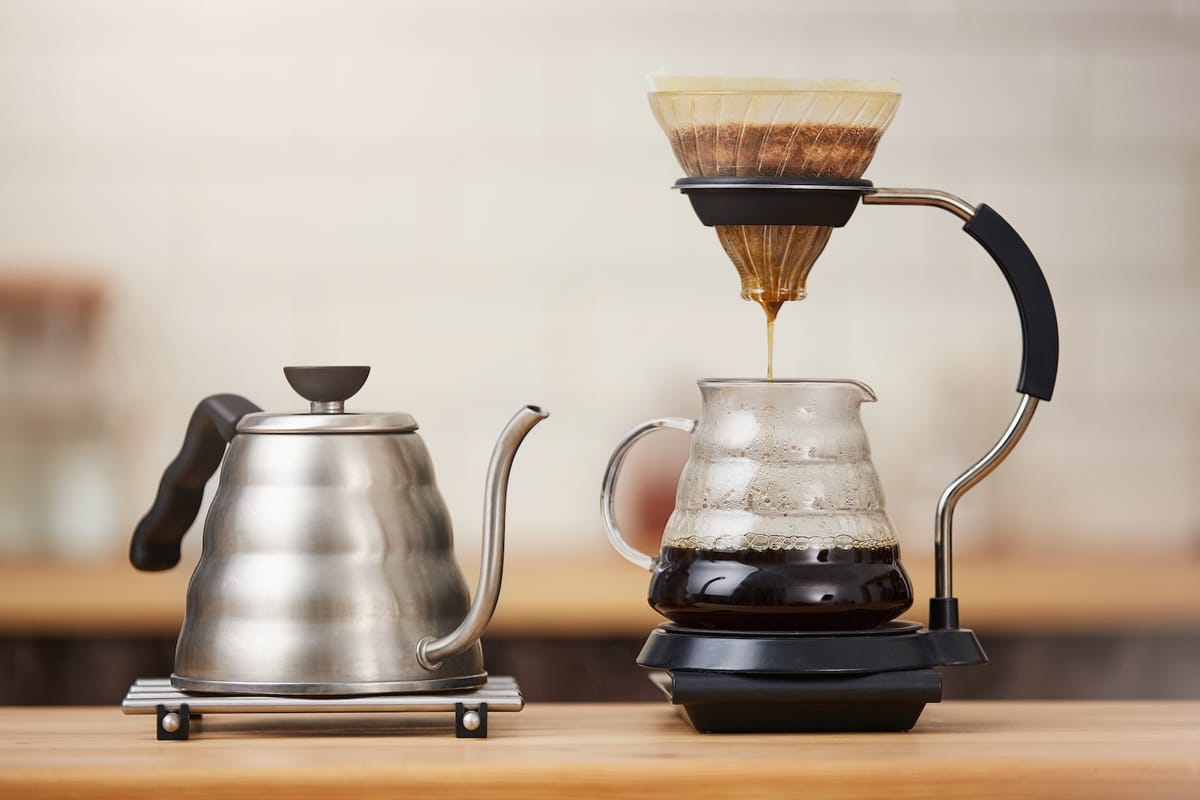

The Importance of Coffee Brewing Methods
When it comes to coffee, the brewing method can have a significant impact on your health, particularly your cardiovascular health. A large-scale study involving over 500,000 individuals in Norway has shed light on the differences between filtered and unfiltered coffee and their effects on heart health. The study, published in the European Journal of Preventive Cardiology, analyzed the coffee consumption habits of men and women aged 20-79 over an average of 20 years. The findings were clear: filtered coffee, made using a paper filter, was associated with lower risks of cardiovascular disease and mortality, while unfiltered coffee increased these risks, especially in older men.
What Makes Filtered Coffee Healthier?
The key difference between filtered and unfiltered coffee lies in the presence of certain compounds. Unfiltered coffee, such as that made with a French press or Turkish coffee, contains substances called diterpenes. These compounds can significantly raise blood cholesterol levels, which is a major risk factor for cardiovascular disease. A cup of unfiltered coffee contains 30 times more diterpenes than a cup of filtered coffee. Filtering coffee removes these harmful compounds, making it a healthier choice. The study indicated that people who drank one to four cups of filtered coffee per day had lower rates of artery disease and death compared to those who did not drink coffee or those who drank unfiltered coffee.
Impact on Cardiovascular Disease
The study's results were compelling. For both men and women, drinking filtered coffee was linked to lower hazard ratios for cardiovascular disease, ischemic heart disease, and stroke. In contrast, unfiltered coffee was associated with higher mortality rates, particularly in men aged 60 and older. For example, the hazard ratio for cardiovascular disease between unfiltered brew and no coffee was significantly higher in men aged 60 and older, with a hazard ratio of 1.19. This indicates that older men who drink unfiltered coffee may be at a higher risk of cardiovascular events.
Age and Coffee Consumption
The study also highlighted the importance of age when considering coffee consumption. While younger individuals (those under 60) who drank one to four cups of filtered coffee per day had lower rates of cardiovascular disease, this benefit was less pronounced in those aged 60 and older who consumed five or more cups per day. This suggests that older adults should be particularly cautious with their coffee consumption and opt for filtered coffee to minimize potential risks.
Lifestyle Factors and Coffee Consumption
The study adjusted for various lifestyle factors such as smoking, age, and gender to ensure that the observed effects were due to the coffee brewing method rather than other variables. The results remained consistent: filtered coffee was associated with better cardiovascular health outcomes.
Practical Advice for Coffee Lovers
For those who enjoy coffee, the advice is clear: use a filter. Whether you prefer a drip brewer or a pour-over, using a paper filter can significantly reduce the amount of diterpenes in your coffee, making it a healthier choice. It is also important to consider the amount of coffee consumed. While moderate coffee consumption (one to four cups per day) is generally safe, excessive consumption (five or more cups per day) may negate the health benefits and could potentially increase risks.
Coffee and Overall Health Benefits
Despite the risks associated with unfiltered coffee, coffee itself has numerous health benefits. Moderate coffee consumption has been linked to lower average daily blood pressure, reduced risk for diabetes, and even less weight gain. Therefore, incorporating filtered coffee into your daily routine can be a beneficial choice for your overall health.
Choosing the Right Coffee Brewer
With the knowledge that filtered coffee is healthier, the next step is choosing the right coffee brewer. There are several options available, including drip brewers, pour-over coffee makers, and even some high-end coffee machines that use paper filters. When selecting a brewer, consider the ease of use, the quality of the coffee, and the ability to use a paper filter to ensure you are getting the healthiest cup possible.
Coffee and Heart Health
The relationship between coffee brewing methods and cardiovascular health is clear. By choosing to brew your coffee with a filter, you can significantly reduce your risk of cardiovascular disease and mortality. As part of a balanced lifestyle that includes healthy eating, regular exercise, and avoiding harmful habits like smoking, drinking filtered coffee can be a small but significant step towards better heart health.
The choice of coffee brewing method is not just about taste; it has real implications for your health. By understanding the differences between filtered and unfiltered coffee, you can make informed decisions that benefit your cardiovascular health. Whether you are a long-time coffee lover or just starting to explore the world of coffee, opting for filtered coffee is a simple yet effective way to protect your heart health.
Dues are $12 per year. Member benefits:
✅ Ad-Free Website Viewing
✅ Advocacy for Republican Seniors
✅ 120+ Senior Discounts
✅ Member Only Newsletters